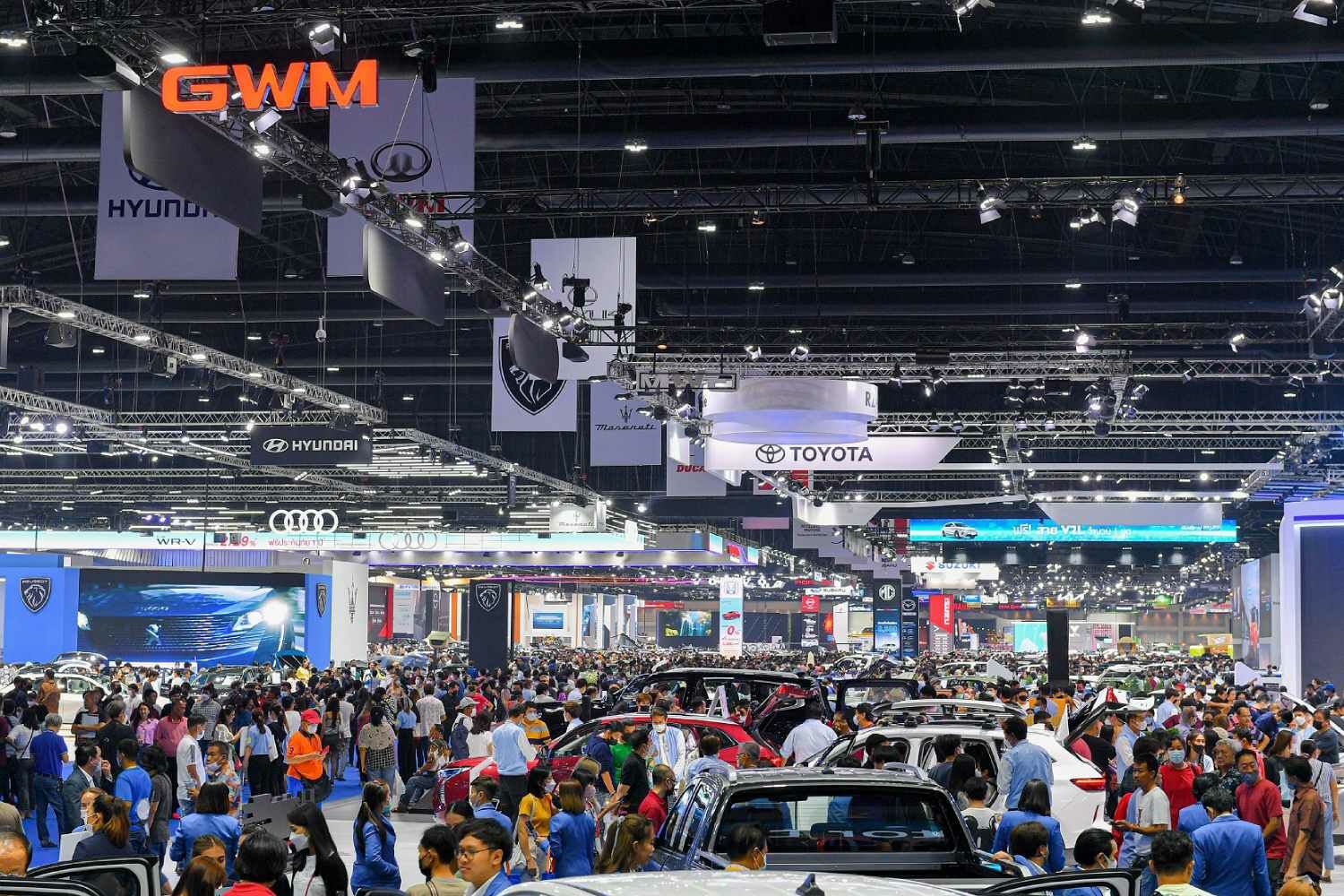Thai gear shift: BOI revs up JV incentives for global auto partners

Thailand announced incentives to encourage joint ventures (JV) between Thai and foreign companies to produce automotive parts for various propulsion systems, the Board of Investment (BOI) revealed yesterday.
Recognised as Southeast Asia’s leading automotive production hub, Thailand also serves as a significant export base for prominent global car manufacturers. The government is keenly promoting investments in electric vehicles (EVs), offering incentives to attract major corporations to the sector.
Eligible for these incentives are both new projects and existing parts manufacturers transitioning into a JV. These entities can receive an additional two years of tax exemption, with a maximum period of eight years, provided they apply by the end of 2025, according to the BOI.
To meet the criteria, a new JV must invest a minimum of 100 million baht (US$2.82 million) in auto parts manufacturing. The JV must consist of both a Thai and a foreign company, with the local firm being at least 60% Thai-owned and contributing a minimum of 30% of the JV’s registered capital, said a BOI spokesperson.
“These incentives are aimed at boosting Thailand’s automotive industry, particularly in the EV sector.”
Additionally, on Wednesday, the BOI approved an investment by Hyundai Motor Company, a South Korean automaker, valued at 1 billion baht (US$28 million). Hyundai plans to establish a facility for assembling EVs and batteries in Thailand, the spokesperson added.
New incentives
“The investment by Hyundai signifies a significant step towards positioning Thailand as a key player in the global EV market.”
The new incentives align with Thailand’s broader strategy to enhance its automotive sector’s competitiveness and sustainability. The government’s focus on EVs reflects a global shift towards greener technologies and reduced carbon footprints.
“We are committed to transforming Thailand into a regional hub for electric vehicle production,” the BOI representative emphasized.
These measures are part of a broader effort to attract foreign direct investment and foster technology transfer, which is expected to benefit the local automotive industry.
“By encouraging joint ventures, we aim to leverage the strengths of both Thai and foreign companies, fostering innovation and growth,” the spokesperson noted.
The initiative also underscores Thailand’s ambition to become a leader in the next generation of automotive manufacturing, embracing advancements in EV technology and sustainable practices.
“This is an exciting time for Thailand’s automotive industry, and we are optimistic about the future,” the BOI official concluded.
With these incentives, Thailand hopes to attract more global players to invest in the country’s automotive sector, driving economic growth and technological advancement.
Latest Thailand News
Follow The Thaiger on Google News:


























